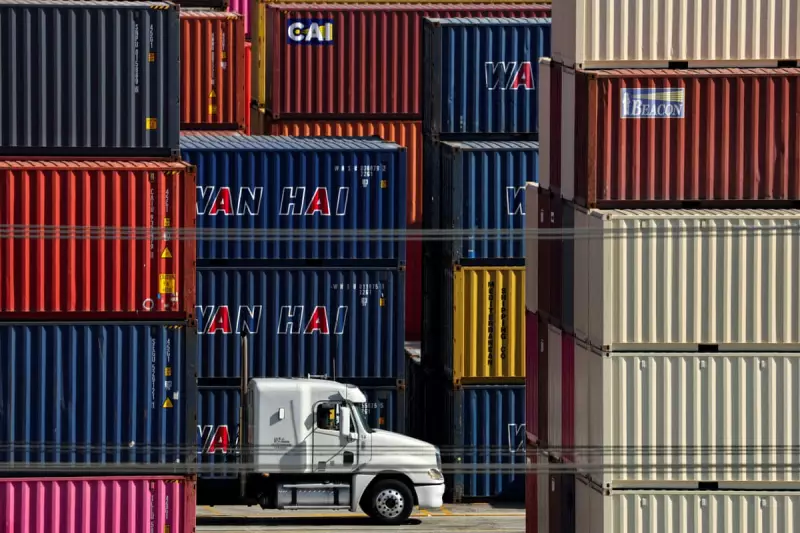
In a seismic legal judgement with far-reaching consequences for global trade, a US federal appeals court has struck down a cornerstone of Donald Trump's economic policy, ruling that his administration's tariffs on foreign steel and aluminium were implemented illegally.
The unanimous decision from the three-judge panel represents a monumental victory for the thousands of US businesses that imported these metals and were forced to pay billions in duties. The court found that the Trump administration's use of a Cold War-era national security law to justify the tariffs in 2018 was a clear overreach of executive power.
The Core of the Court's Ruling
The judges determined that Section 232 of the Trade Expansion Act of 1962, the law invoked by the former president, was never intended to be used for broad economic or policy goals beyond genuine, immediate national security threats. The court's opinion stated that the administration's interpretation would grant the president virtually unlimited authority to impose tariffs on any product for almost any reason, a power not granted by Congress.
This ruling effectively invalidates the legal foundation upon which the tariffs were built, throwing their entire implementation into question.
What Happens Next? Billions in Refunds on the Line
The immediate implication of the decision is potentially catastrophic for the US government's finances. The case has now been sent back to the lower Court of International Trade with instructions to handle the process for companies to claim refunds on tariffs they were forced to pay.
This opens the floodgates for thousands of lawsuits from affected companies seeking reimbursement. The financial liability for the US government could run into tens of billions of dollars, representing one of the largest financial rebukes of a former president's policy in history.
Legal experts suggest the Biden administration, which has largely kept the tariffs in place albeit with more exemptions, is almost certain to appeal the decision to the Supreme Court, setting the stage for a historic legal battle over presidential trade powers.
A Lasting Impact on Trade and Presidential Power
Beyond the immediate financial fallout, this appeals court decision sets a powerful legal precedent that will likely constrain future presidents from unilaterally wielding trade tools under the guise of national security for purely economic objectives.
It reinforces the role of the judiciary in checking executive branch authority and reaffirms that Congress, not the presidency, holds the primary power over taxation and international trade. The ruling will undoubtedly shape US trade policy and the boundaries of presidential power for decades to come.





